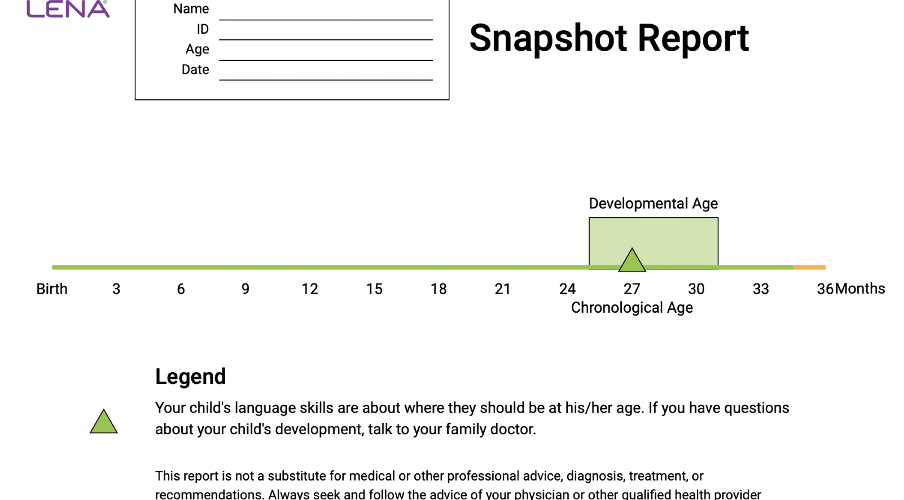The role of wearable technology in early language programs
- Aug 29, 2023
- 3 min read
Updated: Jan 12, 2024
This study is a research project led by Lorraine Reggin, with principal investigators, Dr. Penny Pexman and Dr. Susan Graham. We want to express our thanks to the families who have played a crucial role in this project and our community partners, YW Calgary and Calgary Reads!

A mother playing with her two children while wearing a LENA vest and recorder. (Photo by LENA®).

The research is clear: parents play a pivotal role in shaping their children's language development. The amount of conversational turns children have with their caregivers during these early years influences crucial aspects of their future, including language abilities, academic outcomes, and social development.
To empower parents to support their children’s language development, LENA Start, a 10-week parent-coaching program for families with babies 6 to 36 months, was developed. LENA was founded in Colorado but the program operates across North America. In Calgary, YW Calgary offers the LENA curriculum and technology through their Early Talks program. Many researchers have demonstrated that early language interventions boost conversational turns and parental talk.
THE LENA START PROGRAM

Each week, parents attend weekly group sessions led by a program facilitator, where they learn how to engage with their child to build language. Families complete day-long recordings using a LENA recorder and securing it in the pocket of a specially-designed vest worn over their baby's clothing. Like a pedometer for speech, the recorder tracks the amount of interactive talk the child experiences, adult words they hear, and electronic noises they are exposed to in a day. The LENA recorder captures not just words, but also the babbles, coos and raspberries made by the child.
MEASURING PROGRESS
These statistics are converted into feedback reports that parents receive each week. To monitor their child’s progress, parents also complete the LENA Developmental Snapshot, a parent-report survey that assesses language skills and measures their child’s developmental milestones in comparison to peers of the same age.
Slide 1: Weekly feedback reports from families' recordings. Slide 2: Developmental Snapshot report, displaying an estimate of the child’s developmental age relative to their chronological age in months. (Photos by LENA®).
OUR RESEARCH QUESTION
We want to understand if the group sessions or the technology help improve parent-child talk. By knowing which aspects of the programs are most beneficial for parents, we can use our resources most effectively to support as many children as possible. We compared three different groups to find out:
Treatment Group: Community data from YW Calgary from over 300 participants.
Feedback Group: Parents who did not attend sessions, but recorded and received feedback reports each week.
Recording Only Group: Parents who completed all recordings, but did not receive their reports until the end of the program.
| Treatment Group | Feedback Group | Recording Only Group |
Completed weekly recordings |  |  |  |
Received weekly reports |  |  |  |
Attended group sessions |  |  |  |
WHAT HAVE WE FOUND SO FAR?
We discovered that measuring the home language environment does improve language ability and encourage parents to communicate more with their children! In our study, the children in the treatment group started with lower language scores than children in the other two groups. But by the end of the program, they had caught up to the same level.
We also found that the treatment and feedback group improved in adult words (how much they spoke to their child) when they got feedback about the number of words they say to their baby. What's even more interesting is that parents who talked the least, benefited the most.
Surprisingly, there were no significant changes in conversational turns or child vocalizations (how much children spoke). This suggests that we need to dig deeper to understand how the program is working. One possibility is that the program might help children understand words before their own language improves.
Finally, it's worth mentioning that these statistics don’t explain show the differences between families. Our next step is to identify specific factors, like demographics, that might show which children benefit the most from the program.
Would you like to measure your family's communication and learn strategies to support your child's early language development?
Early Talks, a free program facilitated by YW Calgary, is available to families with children under 3-years-old. Discover more about the program here or email or reach out to earlytalks@ywcalgary.ca!





Comments